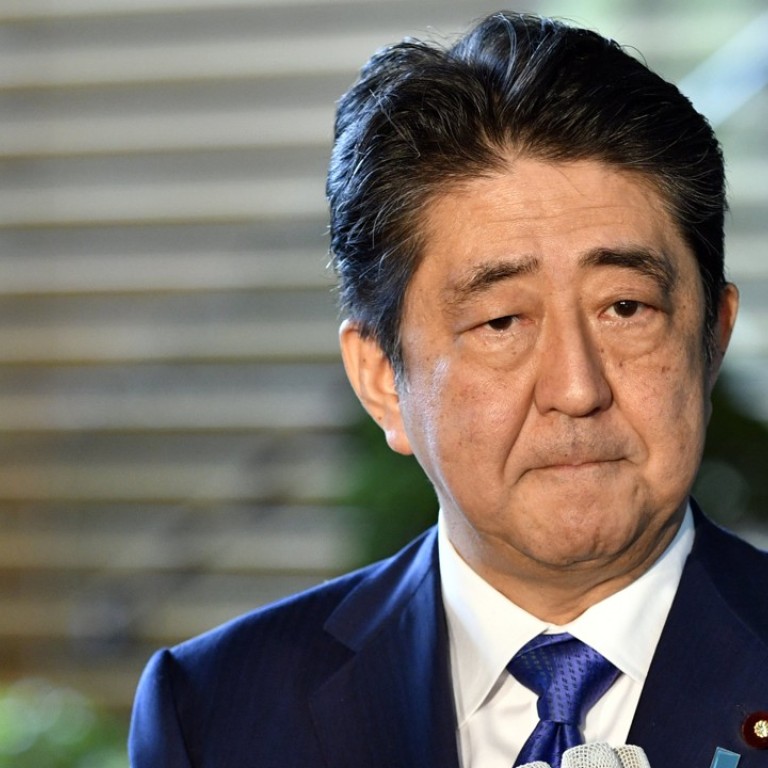
Can Japan claw back the ¥1.4 trillion it sent to North Korea?
Pro-Pyongyang credit unions bailed out by Tokyo may have helped fund the weapons programme now sending missiles over Hokkaido – while a ¥1 billion donation from Hong Kong benefitted residents group Chosen Soren
A campaign that would effectively bankrupt Chosen Soren, the association of North Korean residents of Japan and a major source of funds for Pyongyang, is the latest sign of Japan’s hardening stance towards its wayward neighbour.
With tensions ratcheting up following two missile tests in which Pyongyang sent rockets over Japanese territory, a prominent rights campaigner has upped the stakes in a decade-long battle to retrieve ¥1.4 trillion (HK$97.76 billion) in government funds used to bail out sixteen pro-Pyongyang credit unions that went bankrupt when Japan’s bubble economy burst in the 1990s.
The campaigner, Ken Kato, and elements of the Japanese government accuse the credit unions, which had close links to Chosen Soren and were used to send money to North Korea, of making reckless loans in the knowledge that Japanese taxpayers would eventually be forced to foot the bill when they failed.
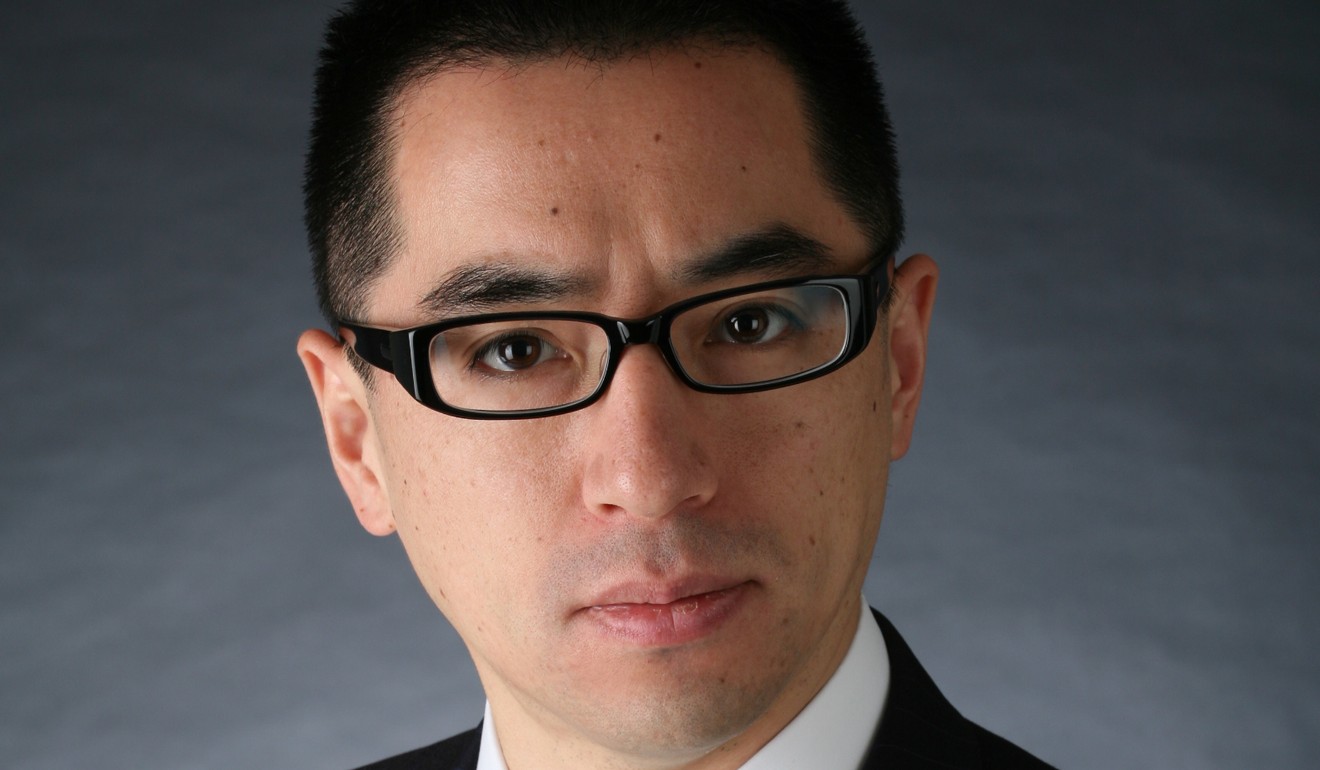
Kato’s latest plan for forcing its hand is to petition the Japanese government to have the organisation declared bankrupt, seize its assets and auction them off to recoup the amount it owes. His plan may stand a greater than usual chance of success given the present state of Tokyo-Pyongyang relations.
“The credit unions were controlled by Chosen Soren and the reason they collapsed was in part due to the end of Japan’s economic boom, but also because they had been making massive donations to the North Korean regime and Chosen Soren had been misappropriating more funds,” said Kato, a director of Human Rights in Asia and a member of the International Coalition to Stop Crimes Against Humanity in North Korea. He said at least 25 credit union officials had been arrested in connection with fraudulent transactions.
North Korea nuclear crisis: time to panic yet?
“In short, every Japanese person and every foreign resident here each paid around US$100 to cover the cost of the failure of the credit unions, and that money went to North Korea, with a large portion being used to fund their nuclear weapon and missile programmes,” Kato told This Week in Asia.
“It was completely absurd.”
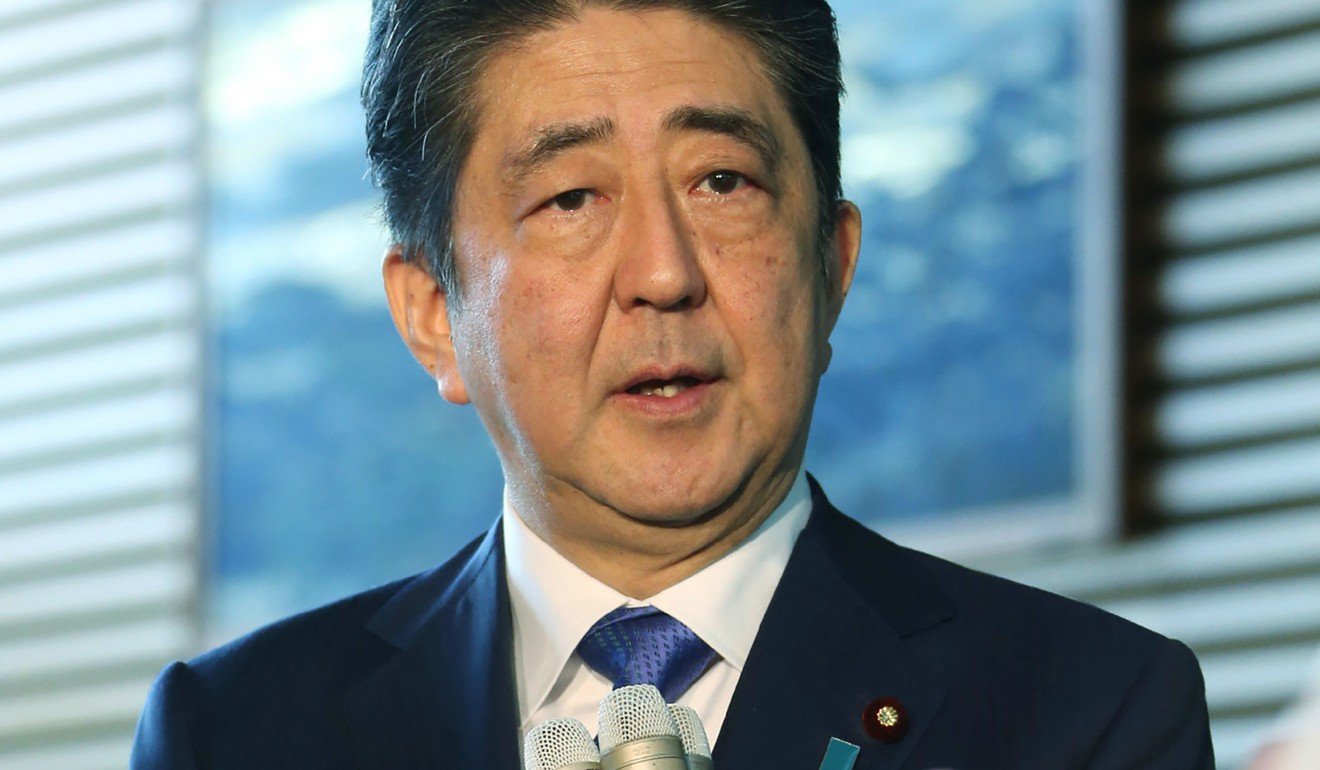
“So this is not a question of a failure of investments but of illicit lending by loan providers and debtors conspiring together in the knowledge that the money would be sent to North Korea.”
A Japanese court in 2007 ordered Chosen Soren to pay back ¥62.7 billion (HK$4.38 billion) – a small fraction of the total provided by the government because it has proven close to impossible to trace the money that was invested – or sent abroad – before the unions failed.
Why sanctions will only fuel North Korea’s missile tests
In the latest effort to force the organisation to repay its debts, the Tokyo District Court on August 2 ordered Chosen Soren to pay ¥91 billion (HK$6.35 billion), including interest. According to the Sankei newspaper, officials of Chosen Soren did not bother to turn up to the hearing and failed to provide any documentation.
“Enough is enough,” said Kato. “They took money from Japanese taxpayers and they sent it to Pyongyang to pay for missiles and nuclear weapons that are now pointed towards Japan.
“I believe that Japan has been patient and more than fair and they are laughing at us because we do nothing.
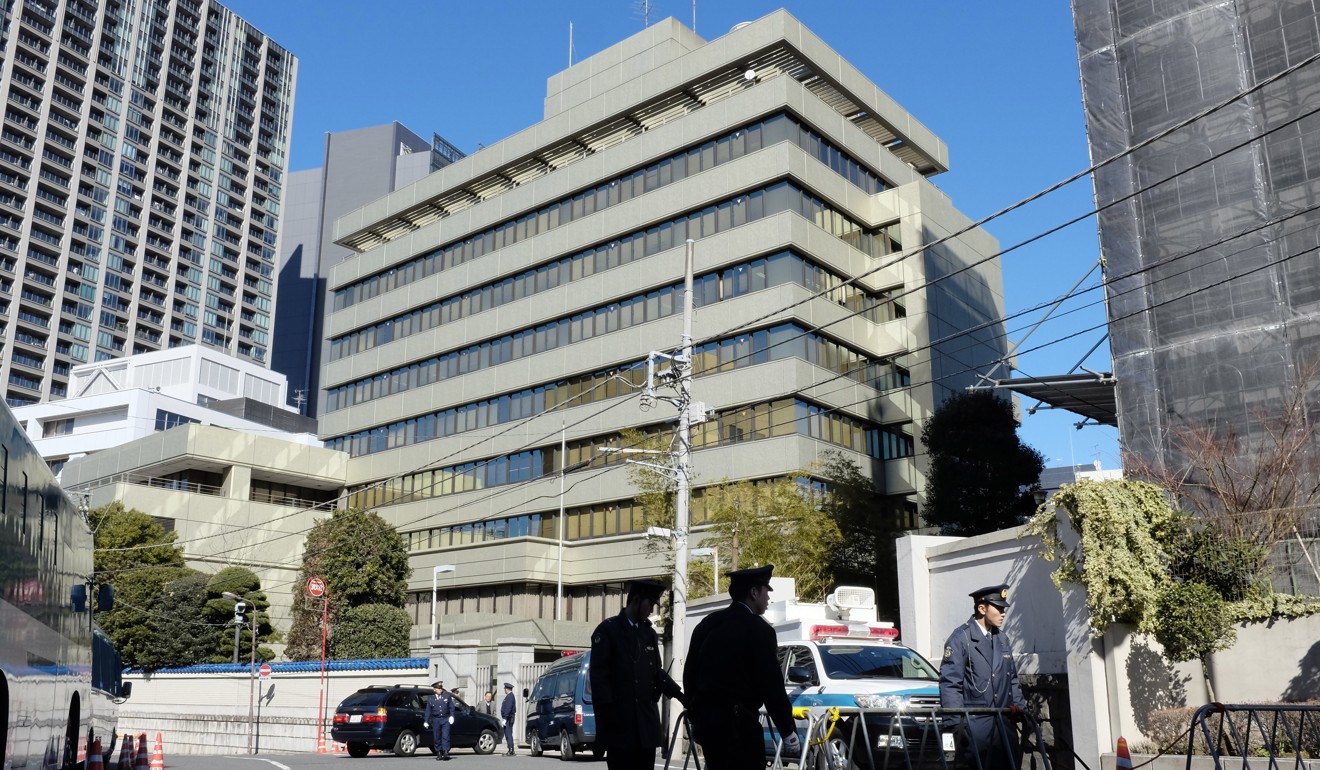
Chosen Soren is headquartered in a large and high-walled compound in Tokyo’s Chiyoda ward. The compound came close to being seized in 2015, when the organisation was unable to pay back taxes.
It managed to avoid that fate when a small property firm in Japan called Green Forest acquired the site after allegedly receiving a large transfer of funds – around ¥1 billion (HK$63.97 million) – from Hong Kong-based Dongnam Shipping Agency.
Chosen Soren also operates a newspaper, a news agency, an insurance company, a travel agency, a publishing company, dozens of schools and a university.
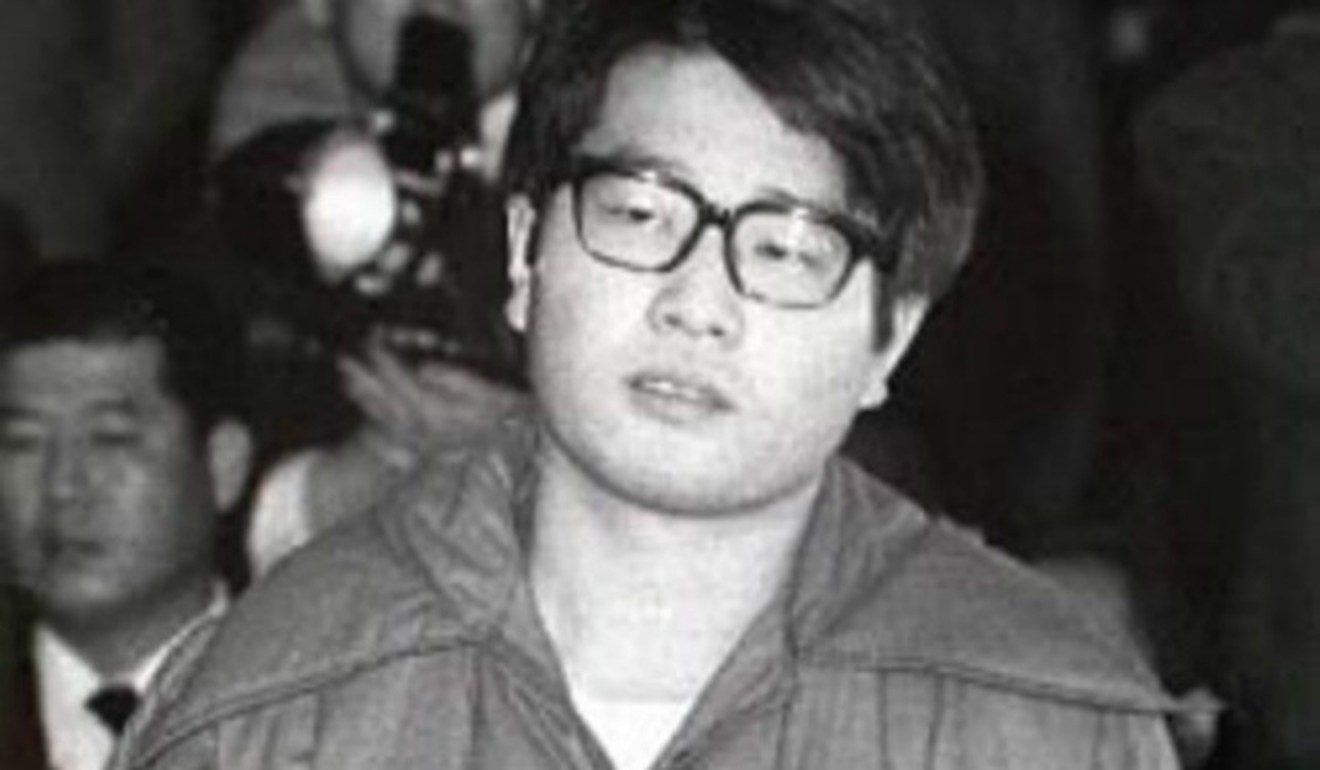
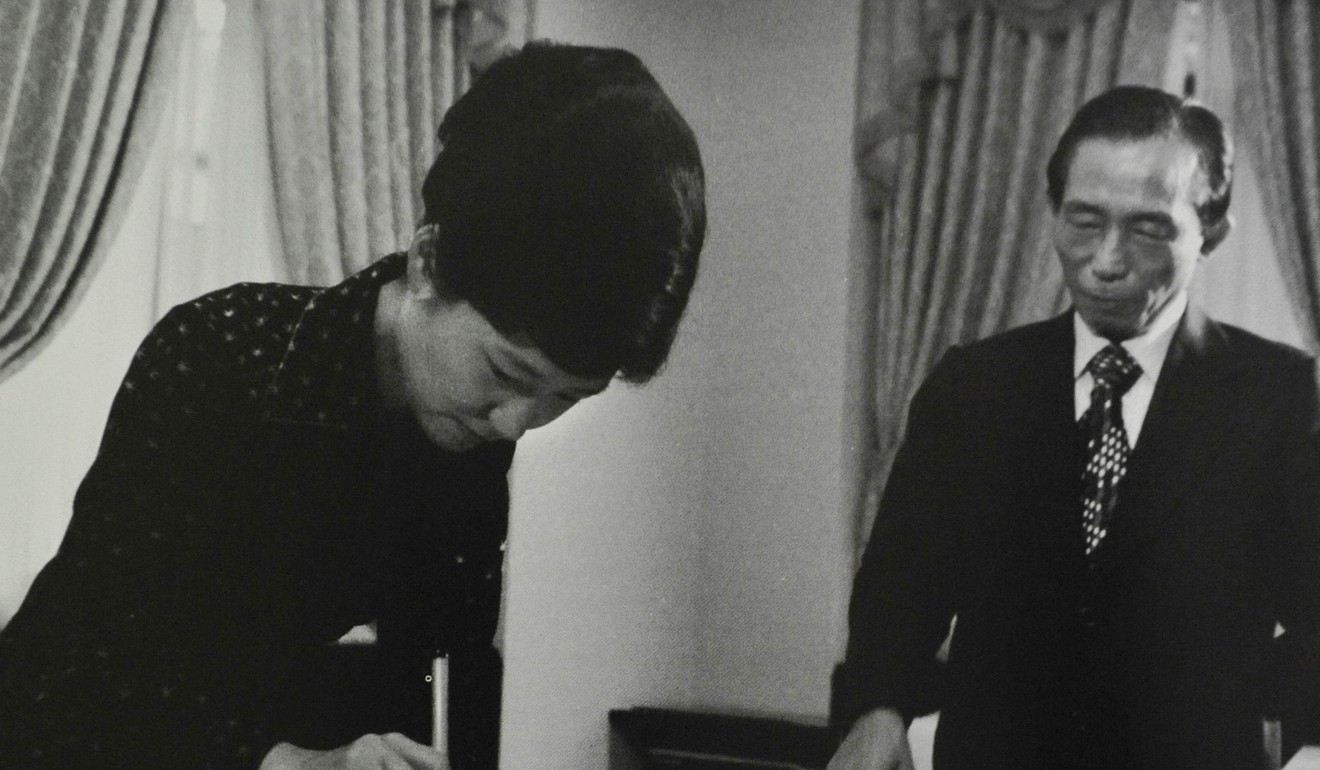
“If the Japanese government had taken the appropriate actions at that time – as they have done against al-Qaeda or Islamic State-affiliated organisations more recently – then the nuclear crisis that we face today would never have happened.”
Chosen Soren declined to comment on Kato’s petition. But Kim Myong-chol, a member of Chosen Soren as well as executive director of the Japan-based Centre for North Korea-US Peace and an unofficial mouthpiece of the Pyongyang regime, dismissed Kato’s claims. “The money was not given to Chosen Soren or the North Korean government and was not needed to develop our missiles or nuclear weapons,” he said.
“And I do not believe that Chosen Soren is required to pay this money back because the operations of those companies were taken over by the Japanese government. The responsibility is entirely theirs now.” ■

